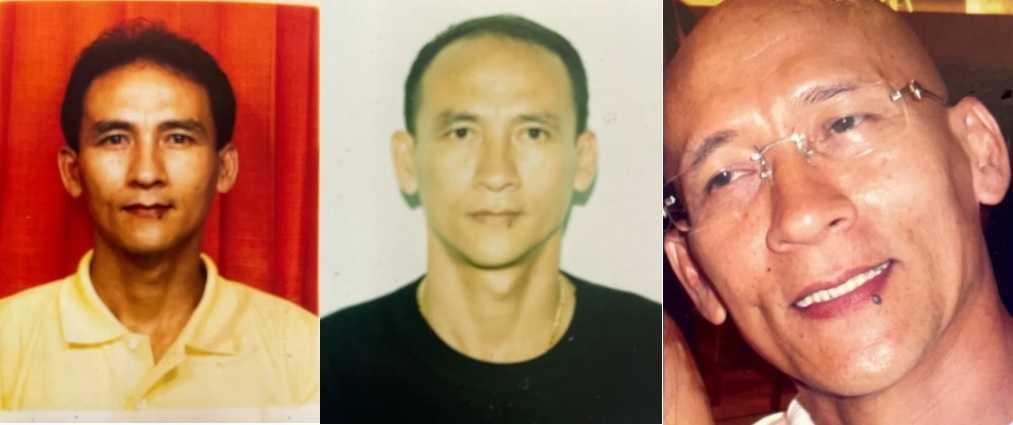As Singapore targets another man for execution, debate reignites on ethnic bias, unfair drug laws
Nazeri Lajim is one of 17 death row inmates in Singapore who had filed a suit against the government, accusing it of discrimination and bias in their prosecution.
Just In
Singapore has scheduled the execution of yet another local ethnic Malay man convicted of a drug offence, in a move expected to renew debate on the disproportionate number of ethnic minorities being sent to the gallows, as well as criticism of its draconian drug laws seen as victimising the poor and vulnerable.
Nazeri Lajim, 64, will be executed on July 22 despite appeals for clemency by his family which had included a desperate bid for a presidential pardon.
Nazeri was one of 17 death row inmates who had filed a historic suit against the government, accusing it of discrimination and bias in their prosecution due to their Malay ethnicity.
The suit was dismissed late last year with the court calling it an abuse of process. The Singapore attorney-general later took two lawyers who had represented the inmates to court, where he was awarded costs over their filing of the suit "without consent".
News of Nazeri's execution comes a little over a week after Malaysian citizen Kalwant Singh and Singaporean Norasharee Gous were hanged despite similar pleas against their killing from activists and rights lawyers.
The PAP-led Singapore government has defended its spree of executions in recent months even as neighbouring Malaysia announced a major step to abolish the mandatory death penalty, including for drug offenders.
Born to a Malay mother and English father who served with the colonial British army, Nazeri came from a background of poverty from which he tried to escape, only to become addicted to drugs.
"We were very, very poor, extremely poor, at that time. We struggled, my family worked very hard," his younger sister Nazira said in recent interview published by anti-death penalty NGO Transformative Justice Collective.
"We were like strays, you know? My mother didn’t [have time to] bother [with us] because my mother worked very hard. Then the family became disintegrated," Nazira said on her family's situation following the death of her father.
Nazeri was sentenced to death in 2017, five years after his arrest during an anti-narcotics operation which saw him nabbed shortly after taking delivery of two bundles containing heroin from one Dominic Fernandez, according to court documents seen by MalaysiaNow.
Nazeri said that the amount of drugs delivered to him was a mistake.
"I had intended to return the second bundle in my possession as I firmly believe that it was a mistake on the drug supplier’s part. I am aware of the strict penalties that Singapore imposes for diamorphine and would not try to possess large quantities of it for fear of hanging," he said in an affidavit filed for the re-opening of his case.
Prominent lawyer M Ravi, who attempted to re-open his case in 2020 backed by medical explanations, has maintained that the drugs found in Nazeri's possession were for personal consumption.
"Nazeri suffered from drug addiction which was an illness. In fact, the trial judge was prepared to accept that Nazeri used five packets of heroin for his personal use daily," Ravi said in an immediate reaction to Nazeri's scheduled execution.
"It does not make sense to kill someone who is ill and suffers from a serious drug addiction problem.
"Treat the sick, don't kill them. Once again, another vulnerable person who comes from a minority background is being hanged."
Subscribe to our newsletter
To be updated with all the latest news and analyses daily.
